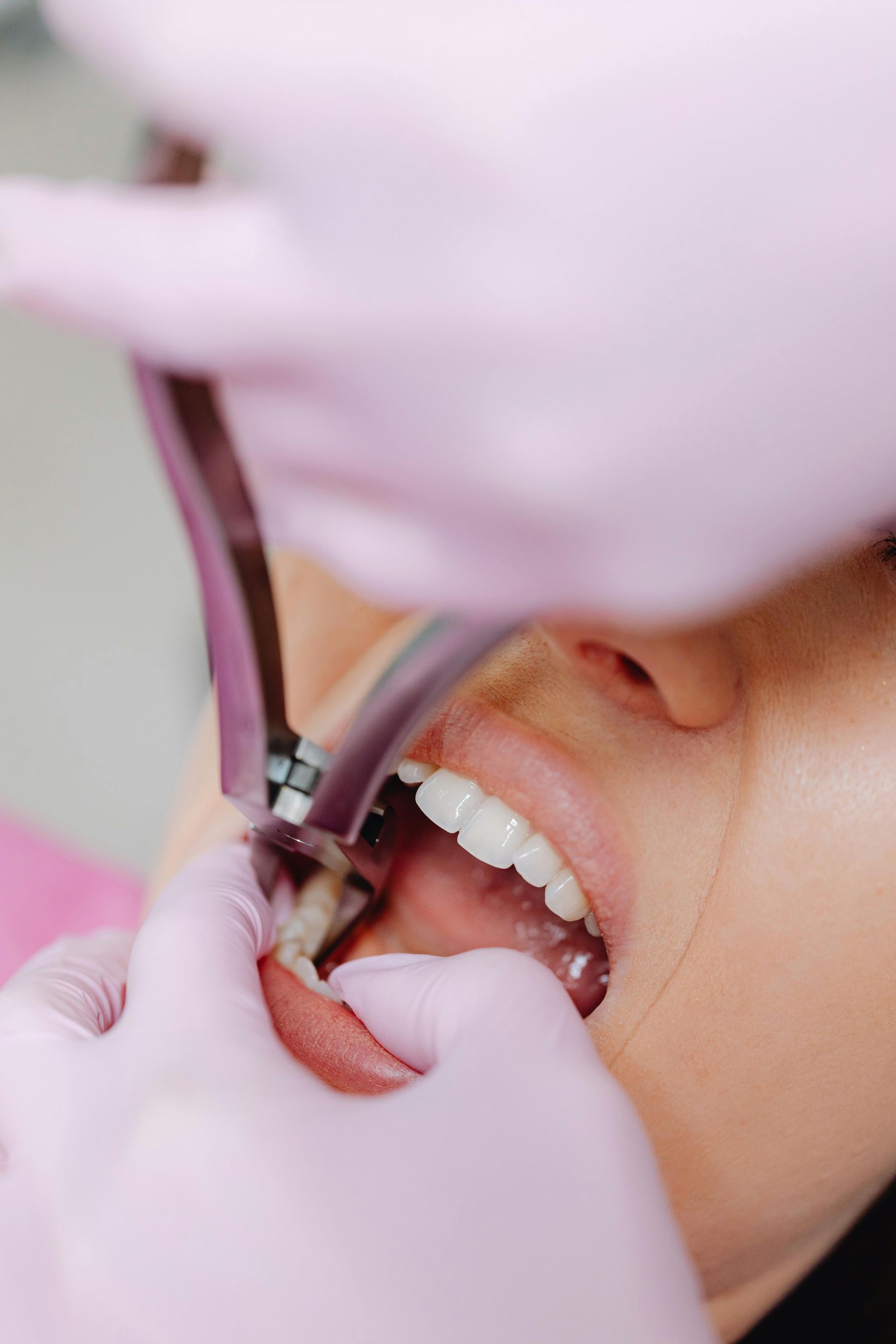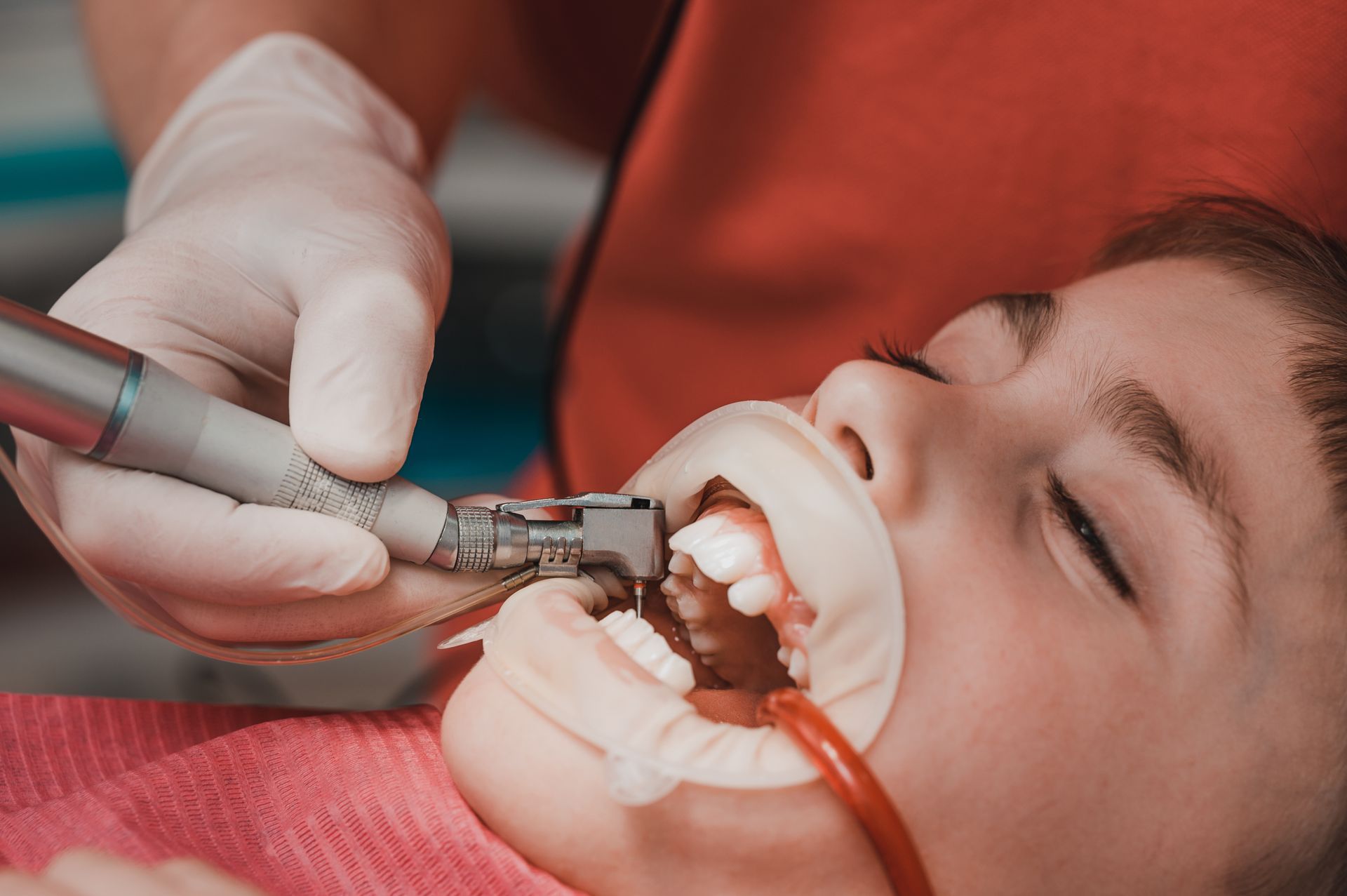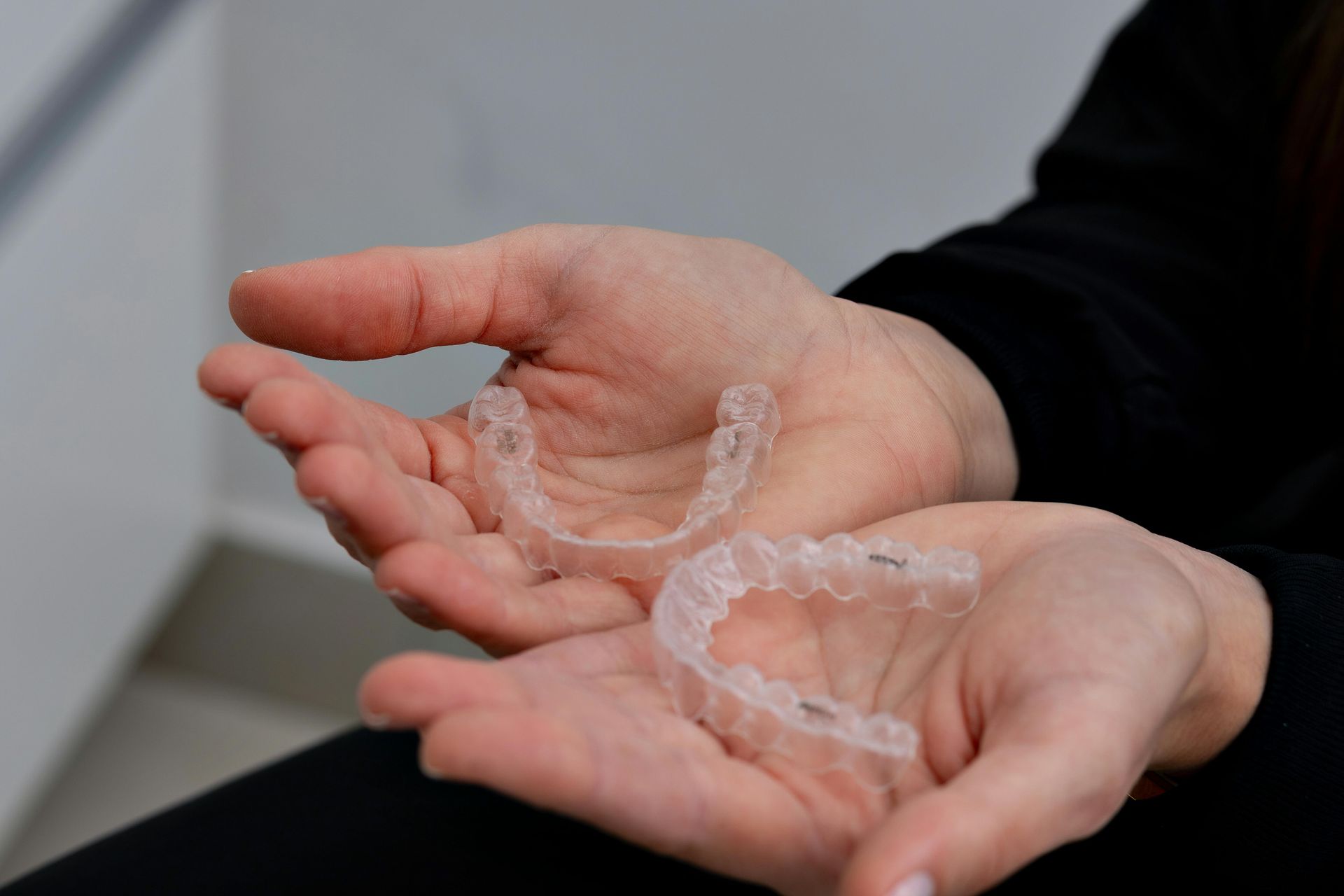Children’s Dental Care: What Every Parent Needs To Know
Dental care is an important part of a child’s overall health and well-being, but it can be confusing to know when and how to start taking care of your child’s teeth. This blog post will help you understand the basics of children’s dental care. Parents can learn about the importance of regular checkups, preventive services, and early treatment for cavities and gum disease. Information on healthy diet choices to support your child’s oral health is included as well. Having a healthy smile is not only important for appearance, but having healthy teeth and gums can help children learn to speak properly, chew their food effectively, and have confidence in their smile. You don’t want to miss out on giving your kids the best start they can have in life with proper dental care. So, let’s get started exploring how to give them the best smile possible!
1. Schedule Checkups and Cleanings Twice a Year
It is recommended that children have a checkup and cleaning at the dentist every six months. This schedule helps to prevent cavities and other dental problems. During a checkup, the dentist will examine your child’s teeth and gums for any problems. The dentist will also discuss your child’s brushing and flossing habits and make recommendations for improvement if needed.
Cleaning is important because it removes plaque and tartar from the teeth, which can lead to cavities. It is important to note that even if your child brushes and flosses regularly, there are some areas of the mouth that are difficult to reach. A professional cleaning will remove any plaque and tartar that has built up in these areas.
In addition, the dentist may also apply a sealant to your child’s teeth during the cleaning. A sealant is a clear or white coating that helps to protect the tooth from decay. Sealants are typically applied to the back teeth (molars), which are more likely to develop cavities.
If you have any questions about your child’s dental care, please be sure to ask the dentist during your next visit.
2. Establish Good Oral Hygiene Habits Early On
As any parent knows, children can be notoriously resistant to dental care. However, it’s important to establish good oral hygiene habits early on, as poor dental health can lead to a host of problems later in life. Here are a few tips to help get your child started on the path to good oral health:
- Encourage your child to brush their teeth twice a day, using a pea-sized amount of toothpaste.
- Help them floss regularly, using age-appropriate flossing tools.
- Limit sugary snacks and drinks, as these can contribute to cavities.
- Make sure they see the dentist regularly for checkups and cleanings.
By following these simple tips, you can help your child develop healthy oral hygiene habits that will last a lifetime.
3. Use a Soft-Bristled Toothbrush and Avoid Hard Scrubbing
When it comes to dental care, children need just as much attention as adults. In fact, according to the American Academy of Pediatrics, children should start seeing a dentist as early as their first birthday.
One of the most important things you can do for your child’s teeth is to use a soft-bristled toothbrush. Hard scrubbing can damage delicate tooth enamel and irritate gums. Instead, gently brush in a circular motion using gentle pressure. Be sure to also brush your child’s tongue, as bacteria can build up there and lead to bad breath.
Finally, flossing is also important for removing plaque and food particles from between the teeth. If you have any questions about your child’s dental care, be sure to ask their dentist.
4. Floss Daily (Or Use an Interdental Cleaner)
When it comes to dental care, flossing is just as important as brushing. Unfortunately, many children do not receive regular instruction on how to properly floss their teeth.
As a result, they may develop poor habits that can lead to gum disease and tooth decay. The good news is that there are a few simple tips that every parent can use to help their child develop a healthy flossing routine.
First, it’s important to choose the right type of floss for your child’s needs. If they have braces or other dental appliances, you may need to purchase special flossing tools. Second, make sure to supervise your child the first few times they floss, so you can ensure that they are doing it correctly. Finally, be sure to praise your child when they do a good job- this will help them to stay motivated.
By following these simple tips, you can help your child develop a healthy habit that will last a lifetime.
5. Choose Fluoridated Toothpaste
When it comes to children’s dental care, one of the most important choices parents can make is choosing fluoridated toothpaste. Fluoride is a mineral that helps to strengthen tooth enamel, making it more resistant to decay. It is especially important for children because their teeth are still developing and they are more prone to cavities.
When selecting fluoridated toothpaste, it is important to choose one that is appropriate for your child’s age. For example, young children should use a pea-sized amount of toothpaste with a fluoride level of 1000ppm (parts per million). As children get older, they can use a slightly larger amount of toothpaste with a higher fluoride level.
For instance, school-age children can use up to a pea-sized amount of toothpaste with a fluoride level of 1450ppm. By using the right amount of fluoridated toothpaste, parents can help to ensure that their children have healthy teeth and gums.
6. Limit Sugary Drinks and Snacks
Children love sugary drinks and snacks, but these sweet treats can wreak havoc on their teeth. The sugar in these foods interacts with the bacteria in the mouth, producing acids that attack the enamel of the teeth.
Over time, this can lead to cavities and tooth decay. To protect your child’s teeth, it is important to limit their intake of sugary drinks and snacks. Water is the best beverage for dental health, so encourage your child to drink lots of water throughout the day.
When they do have sugary drinks or snacks, make sure they brush their teeth afterward. You should also schedule regular dental checkups for your child so that any problems can be detected and treated early.
By following these simple tips, you can help keep your child’s smile healthy and bright.
7. Provide Plenty of Healthy Food Options Too
Providing healthy food options is not only important for a child’s physical health but also their dental health. A diet rich in fruits, vegetables, and whole grains helps to keep teeth and gums healthy, while sugary and acidic foods can contribute to tooth decay.
It’s important to encourage children to eat a balanced diet and to limit sugary snacks and drinks. In addition, regular brushing and flossing are essential for good oral hygiene.
Parents should help their children to brush their teeth twice a day, using a pea-sized amount of toothpaste. It’s also important to schedule regular dental check-ups so that any problems can be caught early.
By taking these steps, parents can help their children to maintain healthy teeth and gums.
In conclusion, having healthy teeth and gums is essential for children. Parents can help to ensure their child’s dental health by providing them with the right tools, such as fluoridated toothpaste, and by encouraging them to practice good oral hygiene habits like brushing and flossing. It’s also important to limit sugary drinks and snacks and to provide plenty of healthy food options. Finally, regular dental check-ups can help to catch any problems early. By following these simple tips, parents can help their children maintain a beautiful and healthy smile for life.
If you are looking for a dental care provider that can take care of your child's emergency dental needs,
Frankford Dental Group
is here to help. We offer personalized dental care for children from infancy through adolescence and we are passionate about delivering the best possible service. In addition to general and emergency dentistry services, we also offer in-office sedation dentistry and General Anesthesia delivered by a Board Certified Dental Anesthesiologist. This allows us to combine procedures, which reduces the time and stress involved.
Contact us today to schedule an appointment or learn more about our services. We look forward to taking care of your family's dental needs!
Blog







